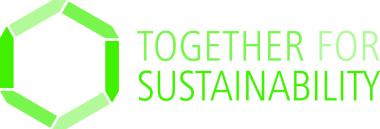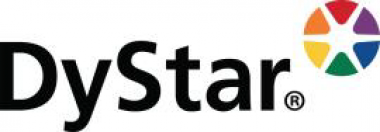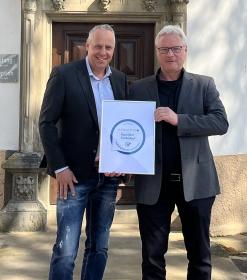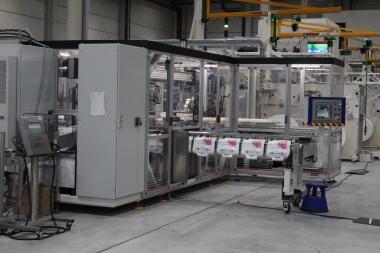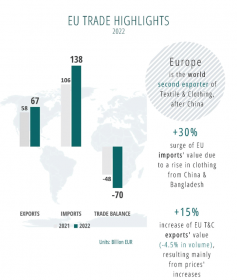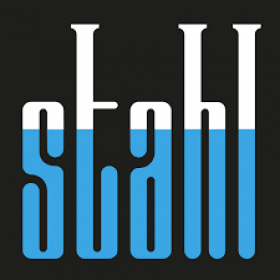Spinnova and Portuguese Tearfil agree on an R&D yarn-spinning line
Spinnova has entered into a yarn development cooperation agreement with the Portuguese company Tearfil, where Tearfil will operate Spinnova’s R&D yarn-spinning line. The yarn-spinning line is intended for product development and will be located in Guimarães, Portugal at Tearfil's facilities.
The rationale behind the yarn-spinning line is for research and development into using Spinnova's fibre in commercial scale yarn production and to streamline development work with industry partners.
Spinnova has decided to locate the line in Guimarães in Portugal, at Tearfil’s facilities. Spinnova will benefit from the industry know-how of a strong partner and from the proximity of one of Europe’s most significant textile industry hubs in Portugal. This will improve Spinnova’s access to global textile markets.
Spinnova’s yarn-spinning line will be installed at Tearfil's premises. The technology delivery and installations are expected to take place in the fall of 2023, and the spinning line is intended to be operational by the end of the year. Tearfil is responsible for the yarn-spinning line's operations, and Spinnova will use a part of the line capacity for its product development.
In 2021, Spinnova announced that it would establish an R&D yarn-spinning line in Jyväskylä, Finland. The decision to change the location was made during the feasibility planning and discussions with potential partners. This change in location and operational model will slightly decrease the capital expenditure and will lead to lower operational expenses.
The technology supplier for Spinnova's new spinning mill line is the Swiss-based company Rieter. Rieter is a leading supplier of systems for manufacturing yarn from staple fibers in spinning mills. The company develops and manufactures machinery, systems and components used to convert natural and man-made fibers and their blends into yarns in the most cost-efficient manner.














